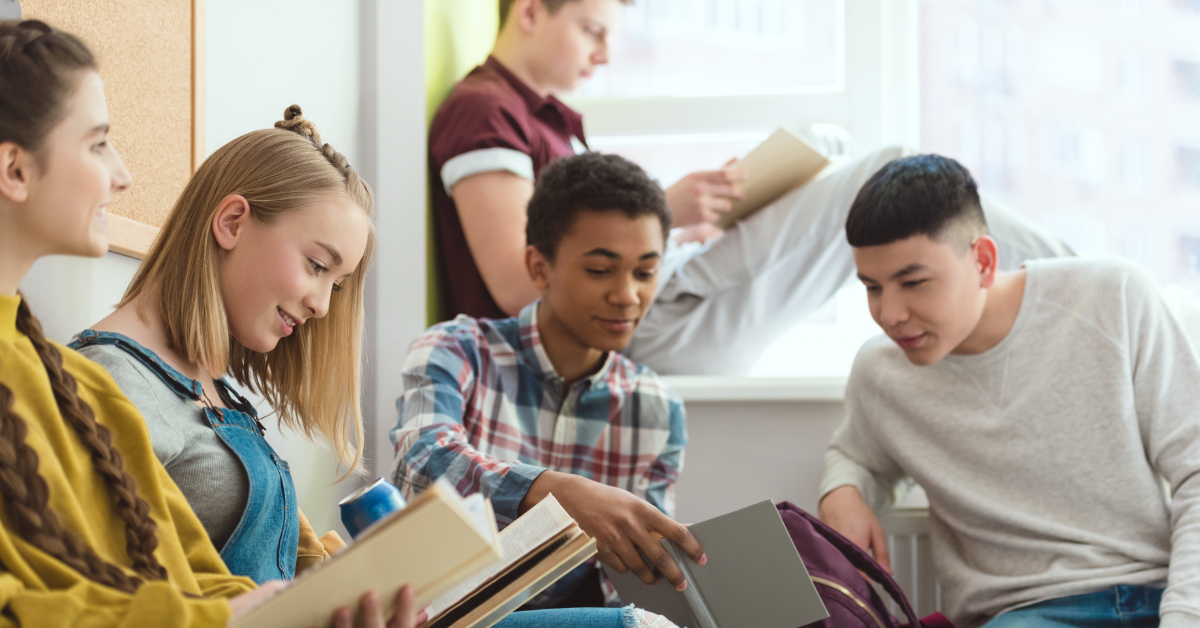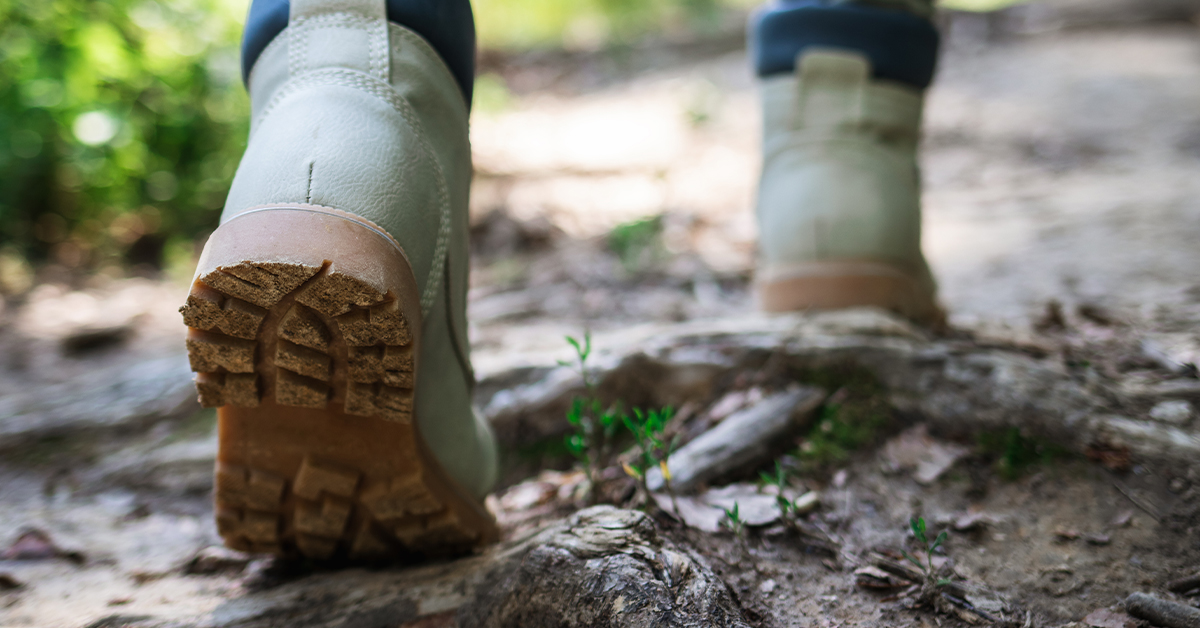
The new school year calendar may start in August or September, but January offers students a powerful second beginning. After the holiday season, this ideal time for reflection and reset can profoundly impact academic outcomes and personal growth. While returning to school after a long break can be a stressful time, the new year provides the perfect opportunity to refocus and create positive changes in both academics and life.
Why Starting Fresh Matters
January isn’t just about New Year’s resolutions—it’s about seizing the chance to approach learning with renewed energy.
As Maya Angelou once said, “Do the best you can until you know better. Then, when you know better, do better.” This philosophy perfectly captures why mid-year fresh starts matter for students. Every student starts as a beginner. Understanding that growth is a continuous process helps to build resilience.
The new year offers unique opportunities for students to pause and reset. Research shows that students who take time for mid-year reflection often achieve better academic outcomes than those who continue without this intentional break.
This strategic pause looks different for students of different ages, but all can benefit from this reflection period.
For Elementary School Students:
- Review favorite learning moments and proudest achievements
- Think about which subjects bring them joy and excitement
- Consider new friendships they’d like to make
- Identify areas where they’d like to try harder
For Middle School/High School Students:
- Reflect on their academic journey and adjust their study habits
- Reconnect with challenging course material
- Build stronger relationships with instructors
- Focus on holistic growth beyond grades
- Create clear pathways to future success
Reinforcing the idea that “education is a journey, not a race” helps students appreciate that each new semester brings opportunities for meaningful growth and positive change.
Tips for Inspiring Students Post-Holiday
Reflect and Reset
Guide students to think about their fall semester experience in age-appropriate ways.
For Younger Students:
- Draw pictures of favorite learning moments
- Create simple charts showing subjects they enjoyed most
- Share stories about recent friendships
- Make a list of “proud moments” from last term
For Older Students:
- Analyze which study methods were most effective
- Evaluate time management strategies
- Review academic goals and college preparation progress
- Consider extracurricular involvement
The winter break provides an excellent opportunity for family discussions about goals and aspirations. Parents can help their children develop realistic New Year’s resolutions that balance academics with personal growth. Whether it’s exploring financial aid options for college or developing better study habits, these conversations set the stage for better academic outcomes.
Set SMART Goals
Encourage students to create SMART goals that are Specific, Measurable, Attainable, Relevant, and Time bound. Rather than vague new year’s resolutions like “get better grades,” suggest specific targets.
For Elementary School Students:
- Reading one new book each week
- Practicing math facts for 15 minutes daily
- Making one new friend this semester
- Keeping their desk or workspace organized
- Trying a new activity during recess or free time
For Middle School/High School Students:
- Practicing skills for 30 minutes daily
- Getting more sleep by establishing a consistent bedtime
- Taking on more responsibility through community service
- Exploring new foods during lunch to stay energized
- Saving money for college through part-time work
- Visiting several colleges to make informed decisions about the future
Teaching kids to set realistic goals helps them develop decision-making skills. Each week presents new opportunities to work toward these objectives.
Build Community Connections
As Malcom Forbes once noted, “The purpose of education is to replace an empty mind with an open one.” Encourage students to open their minds and strengthen their community involvement. This can take different forms depending on age level.
For Elementary Level:
- Sharing during morning meetings or circle time
- Helping classmates with classroom tasks
- Participating in group projects
- Joining in playground or outdoor activities
- Being a good friend to others
For Middle School/High School Level:
- Participating in class discussions
- Answering questions even when uncertain
- Joining study groups with friends
- Contributing to classroom projects
- Volunteering for community service
- Creating study groups that support collective learning
The classroom becomes a more dynamic space when students engage actively with their peers and instructors. This interaction helps create an environment where knowledge flows freely, and understanding deepens naturally.
How to Maintain Motivation Throughout the Year
Time Management Mastery
One of the more important skills for students is the development of effective time management. Consider implementing these age-appropriate strategies:
Elementary Level:
- Use visual schedules with pictures
- Set simple timers for homework sessions
- Create fun checklists for daily tasks
- Use reward systems for completing assignments
- Break homework into “bite-sized” pieces
Secondary Level:
- Break large projects into smaller, manageable tasks
- Use a planner to track assignments and due dates
- Set aside specific times for studying different subjects
- Allow time for both academic work and personal interests
- Schedule regular breaks to maintain focus
Weekly Check-ins
Life gets busy, but regular check-ins help students stay focused. Schedule a weekly review of goals and benchmarks. This consistent practice helps with decision-making and keeps long-term objectives in view. Albert Einstein famously emphasized the importance of continuous effort, noting that life, like riding a bicycle, requires constant forward motion to maintain balance.
Consider implementing the following check-in strategies to maintain balance and momentum.
Elementary Level:
- Review the week’s achievements using sticker charts
- Share “highs and lows” during family dinner
- Update progress on reading goals
- Discuss any classroom challenges
- Plan for upcoming school events or projects
Secondary Level:
- Review academic progress every week
- Discuss challenges with instructors before they become overwhelming
- Adjust study methods based on results
- Celebrate improvements, even small ones
- Plan for upcoming assignments to avoid last-minute stress
Celebrate Progress
Good instructors know that acknowledging progress boosts motivation, so be sure to celebrate the wins!
For young learners, lavish praise when they:
- Complete their first book independently
- Master a new math fact set
- Help a classmate with a task
- Show improvement in handwriting
- Learn to follow multi-step directions
- Demonstrate good classroom citizenship
For older students, recognize their achievements when they:
- Master challenging concepts
- Complete projects before the last minute
- Help classmates understand difficult material
- Take initiative in creative writing or other subjects
- Show improvement, even if they haven’t reached their final goals
- Contribute positively to the school or homeschool community
These celebrations don’t need to be elaborate—sometimes, a simple acknowledgment can significantly improve a student’s confidence and motivation.
Expand Horizons
Encourage students to visit more places and explore new experiences appropriate for their age and interests. Whether it’s exploring several colleges for future education or joining new family activities, expanding experiences helps build knowledge and understanding.
For elementary school students, encourage them to:
- Join after-school clubs or activities
- Participate in local library programs
- Try new subjects through hands-on projects
- Explore different art forms and creative activities
- Get involved in age-appropriate community events
Encourage middle school and high school students to:
- Attending college fairs
- Participating in academic competitions
- Joining clubs that align with career interests
- Exploring volunteer opportunities
- Taking on leadership roles in school or community organizations
Looking Forward While Moving Forward
The future belongs to those who prepare for it today. While grades and academic achievement matter at every level, the true goal is helping students embrace growth and change.
From elementary students learning to read independently to high school seniors preparing for college, each stage of education builds upon the last. Focusing on progress rather than perfection, can turn new-year motivation into lasting positive changes for students of all ages when they go back to school.
Whether a student is mastering multiplication tables or preparing for college entrance exams, education extends far beyond a classroom’s walls. With age-appropriate activities, community service, creative pursuits, and academic excellence, each student has the power to shape their own unique learning journey.




Leave a Reply